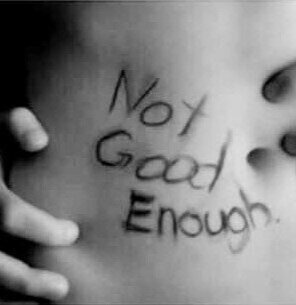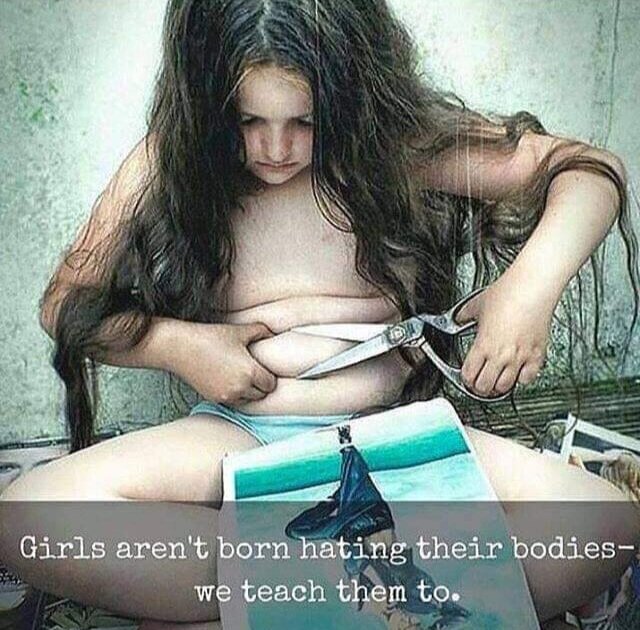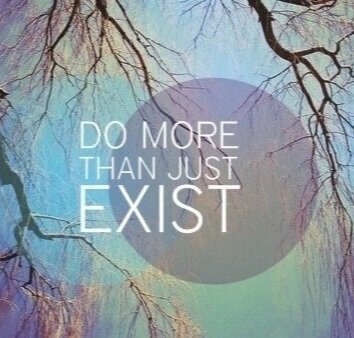The invitation
When food, weight and shape are dominating your life it is time to seek help. I specialise in therapy to help you overcome eating disorders, food addiction, emotional eating, and body/weight obsessions. This includes anorexia, bulimia, and binge eating. I have dedicated much of my professional life to learning the skills and therapeutic methods to transform eating disorders, and having also had an eating disorder myself as a teenager I understand this difficulty from the inside out.
My invitation is to embark on a journey of self-discovery, to work with me to deeply understand what your eating disorder needs in order to transform. It will involve learning skills and strategies to deal with intensive feelings and destructive thoughts and beliefs, and building a new way of responding to your body, your feelings and your needs.
It is common that individuals are in ‘two minds’ about seeking treatment for their eating disorder because of the fears the eating disorder has created and the emotional crutch it has become. But, its important to stand back and observe the chaos and pain it causes in your life and know that recovery is possible. Freedom from this obsession is worth doing the work!
My work is currently exclusively online. With this in mind I am only working with individuals who are not severely physically compromised (for example, your BMI needs to be above 15).

What does this therapy involve?
I work in an integrative way, weaving different therapeutic approaches to best suit you. This includes intuitive eating work, cognitive behavioural therapy, cognitive analytic therapy and meditation.
Phase 1 (building understanding); During this phase of this work we initially build an understanding about why your eating disorder is here and why it is maintaining itself. This may involve exploring your childhood, your beliefs about yourself and how your learnt to cope with difficult feelings. We may also need to spend time looking at motivation and fears about change.
During this phase you typically begin keeping a diary of food and thoughts, feelings, and eating disorder related behaviours.
Phase 2 (normalising eating) - having understood why your eating disorder is here we work on both the physical and psychological/emotional aspects that will help you move towards normal eating and freedom from this preoccupation.
This typically involves taking steps to normalise eating (this is gradual) and testing out your fears about doing so. The overall goal, is to move towards mindful intuitive eating where you are trusting your body’s desires and not controlling or forcing it.
In this phase it is also typical that we begin
learning skills at managing distress without food or restriction
begin to become more aware about the displaced needs below your eating disorder (such as a need for safety/control, to be heard, to have self-worth beyond body).
Phase 3 (the psychological roots) - having taken steps towards normalising any biological reasons for disordered eating we give focus to the emotional reasons it is here. This typically involves working on;
Displaced needs
Self-esteem
Perfectionism
Understanding the relationship cycles underneath your eating disorder
Body-image

“You are strong. You are good enough. You can make choices that reflect what you want ”
Crisis and chaos often precede change when they are met..
I choose to transform







